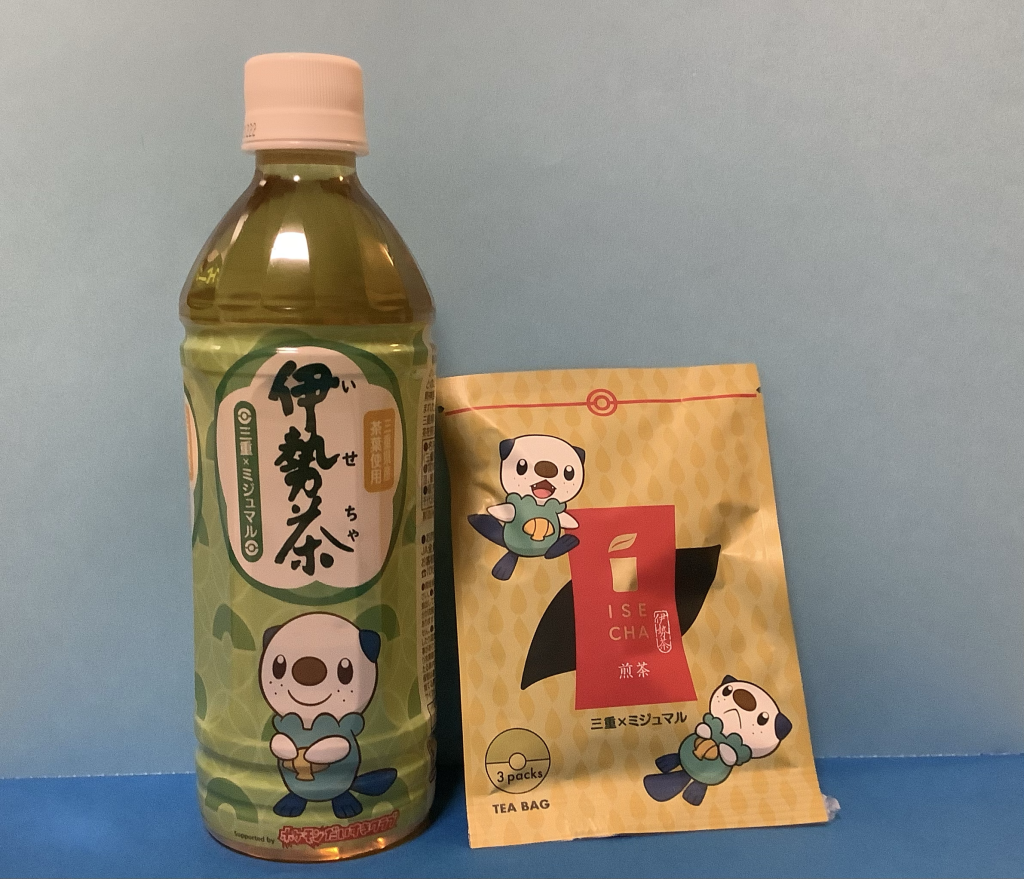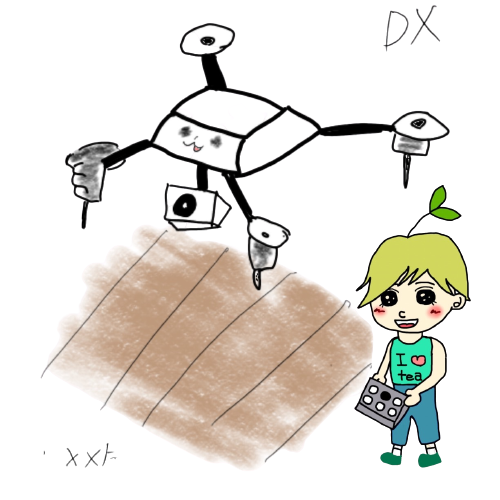initiative
Countermeasures against Tea Departure 1

Young people have stopped drinking leaf tea and consumption has decreased. However, the JA people have a strong desire to encourage young people to drink leaf tea, and JA has come up with the idea of collaborating with Mijumaru from "Pocket Monster" to encourage young people to drink Ise-cha, a tea produced by JA. The tea is sold not only in PET bottles but also in tea leaves, and some tea leaves can be drunk with a teapot, which is designed to attract people who do not usually drink tea with a teapot, young people, and tourists.
Measures to prevent the withdrawal of tea 2
 The production of tea in the 2020 crop year has decreased due to the spread of coronavirus infection, and beverage drinks used for commercial use have also been sluggish. Therefore, the "Let's Live with Japanese Tea" project was launched to increase consumption and encourage more consumers to enjoy tea in their daily lives. Meanwhile, Japanese tea is attracting increasing attention overseas, with exports reaching a record high of 20.4 billion yen in 2021.
The production of tea in the 2020 crop year has decreased due to the spread of coronavirus infection, and beverage drinks used for commercial use have also been sluggish. Therefore, the "Let's Live with Japanese Tea" project was launched to increase consumption and encourage more consumers to enjoy tea in their daily lives. Meanwhile, Japanese tea is attracting increasing attention overseas, with exports reaching a record high of 20.4 billion yen in 2021.
Other Initiatives
Below are some of the other initiatives that are currently underway. As you can see, some of the efforts being made include expanding the scope to include international tourists and researching ways to make drinking more accessible and easier and tastier.
- In order to have children understand tea, JA people are planning to go to elementary schools for delivery classes to let children know about tea.
- In response to changing consumer demands, the company is developing tea utensils that make drinking tea easy and tasty.
- The company distributes sets of tea sets for domestic and international tourists to experience tea.
- Machines have been developed and marketed that allow people to taste matcha at home, using special tea leaves.
- New methods of extraction have been developed that differ from kyusu.
- A multilingual map with information on tea experiences and other information is being prepared for domestic and international visitors.
Issues to be addressed
lack of successors
We are promoting DX (digital transformation) of agriculture due to the lack of successors.
But much has not been made and much is not yet available. But not everything is done. We have data on the weather and what to do with it. But not all agriculture is not done. For example, rice is being farmed on autopilot and mandarins are being farmed by drones from the sky.
Equipment Price
Due to the weak yen, the situation in Ukraine, and China's fertilizer export restrictions, the cost of raw materials for tea production, which uses a lot of fertilizer and heavy oil, has skyrocketed, putting pressure on growers' bottom line. To cope with this situation, the government and government subsidies are being utilized, JA is trying to reduce fertilizer and heavy oil supply prices as much as possible, and producers are trying to substitute compost, which is relatively inexpensive, and to review fertilizer application settings. However, there is a limit to what JA and producers can do, and we strongly request government support.